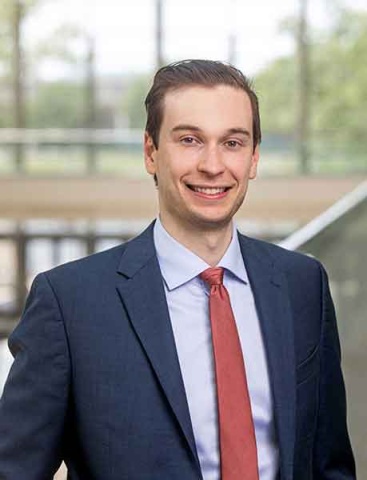The Acton Institute’s most recent publication, Islam & Economics: A Primer on Markets, Morality, and Justice by Ali Salman, is available now. The book is an introductory text that explores the principles of commerce and economics revealed in the Qur’an, espoused by the Sunnah (the traditions and practices of Prophet Muhammad), and understood by the jurists.
Ali Salman is a Pakistan-based economist and public policy expert. He is CEO of the Islam and Liberty Network and executive director of the Policy Research Institute of Market Economy. He previously served as CEO of IDEAS, a prominent think tank in Malaysia. Salman’s research brings together important Islamic concepts and economics, presenting them clearly and concisely in Islam & Economics. The book has been called “a must-read for anyone looking for a concise insight into Islamic economic thought” and “a whiff of fresh air in an environment of writings on Islamic economics.”
Salman explores such topics as Muhammad’s teachings on trade, the controversy of interest, and Islamic taxation policy. He argues that Islam offers three moral principles of economic organization that can be used to build a framework of operational institutional tenets for the economic organization of a society. Salman’s framework addresses all important business, policy, and equity issues that any economic system should resolve and broadens the discussion on the modern discipline of “Islamic economics.” An Arabic edition of the book is forthcoming.



